Agriculture
-
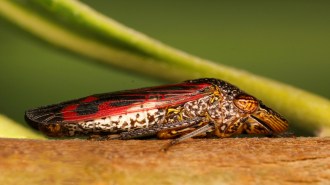 Agriculture
Agriculture50 years ago, scientists ID’d a threat to California wine country
Fifty years after scientists identified the cause of Pierce's disease, which damages vineyards, there still isn't a cure.
-
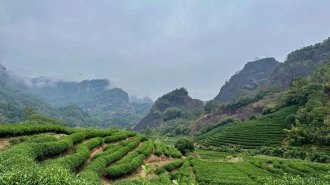 Agriculture
AgricultureMixing up root microbes can boost tea’s flavor
Inoculating tea plant roots with nitrogen-metabolizing bacteria enhances synthesis of theanine, an amino acid that gives tea its savoriness.
By Nikk Ogasa -
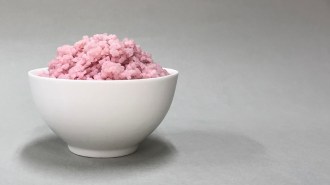 Agriculture
AgricultureCould a rice-meat hybrid be what’s for dinner?
A hybrid food that combines rice, animal cells and fish gelatin could one day be a more sustainable way to produce meat.
By Meghan Rosen -
 Plants
PlantsBerkley Walker wants to revamp photosynthesis for a changing climate
Finding ways to make plants work better could help feed a growing population, especially as the planet warms.
By Aaron Brooks -
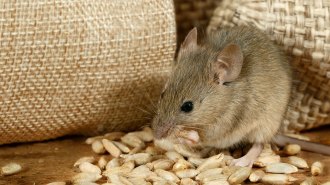 Animals
AnimalsCamouflaging wheat with a wheat smell could be a new approach to pest control
Wheat fields coated in wheat germ oil confuse the noses of mice, reducing seed loss by more than 60 percent, a new study finds.
-
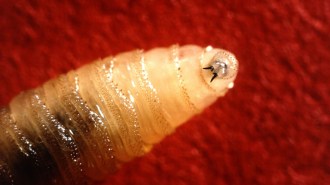 Life
Life50 years ago, flesh-eating screwworms pushed scientists to mass produce flies
"Fly factories” dreamed up in the early 1970s have helped North and Central America keep screwworms in check for decades.
By Nikk Ogasa -
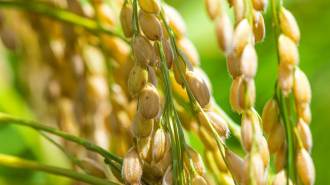 Agriculture
AgricultureMartian soil may have all the nutrients rice needs
Experiments hint that in the future, we might be able to grow the staple food in the soils of the Red Planet.
By Nikk Ogasa -
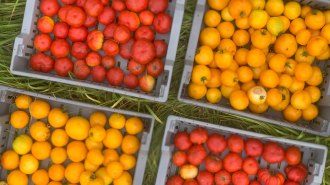 Agriculture
AgricultureDry farming could help agriculture in the western U.S. amid climate change
Some farmers in the western United States are forgoing irrigation, which can save on water and produce more flavorful fruits and vegetables.
-
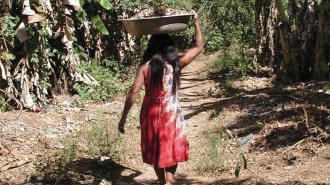 Earth
EarthIndigenous people may have created the Amazon’s ‘dark earth’ on purpose
Modern Amazonians make nutrient-rich soil from ash, food scraps and burns. The soil strongly resembles ancient dark soils found in the region.
By Freda Kreier -
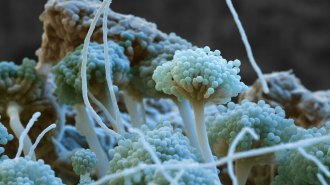 Microbes
MicrobesHow fungi make potent toxins that can contaminate food
Genetically engineering Aspergillus fungi to delete certain proteins stops the production of mycotoxins that can be dangerous to human health.
-
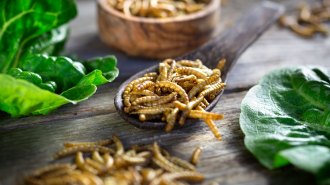 Science & Society
Science & SocietyA new seasoning smells like meat thanks to sugar — and mealworms
A spoonful of sugars could help cooked mealworms go down more easily, a potential boon for the planet.
By Anil Oza -
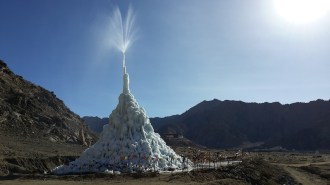 Environment
EnvironmentHow to build better ice towers for drinking water and irrigation
“Ice stupas” emerged in 2014 as a way to cope with climate change shrinking glaciers. Automation could help improve the cones’ construction.
By Nikk Ogasa